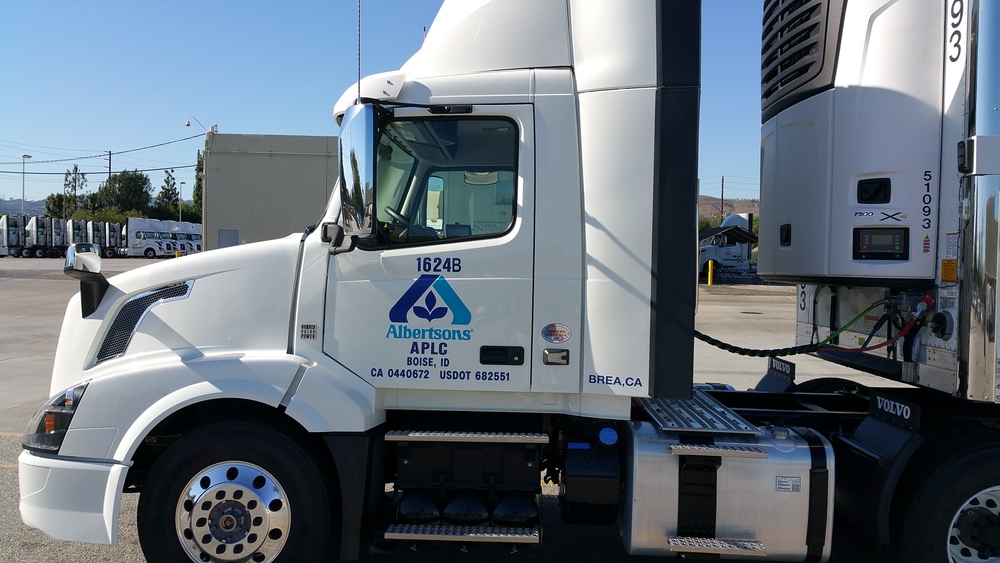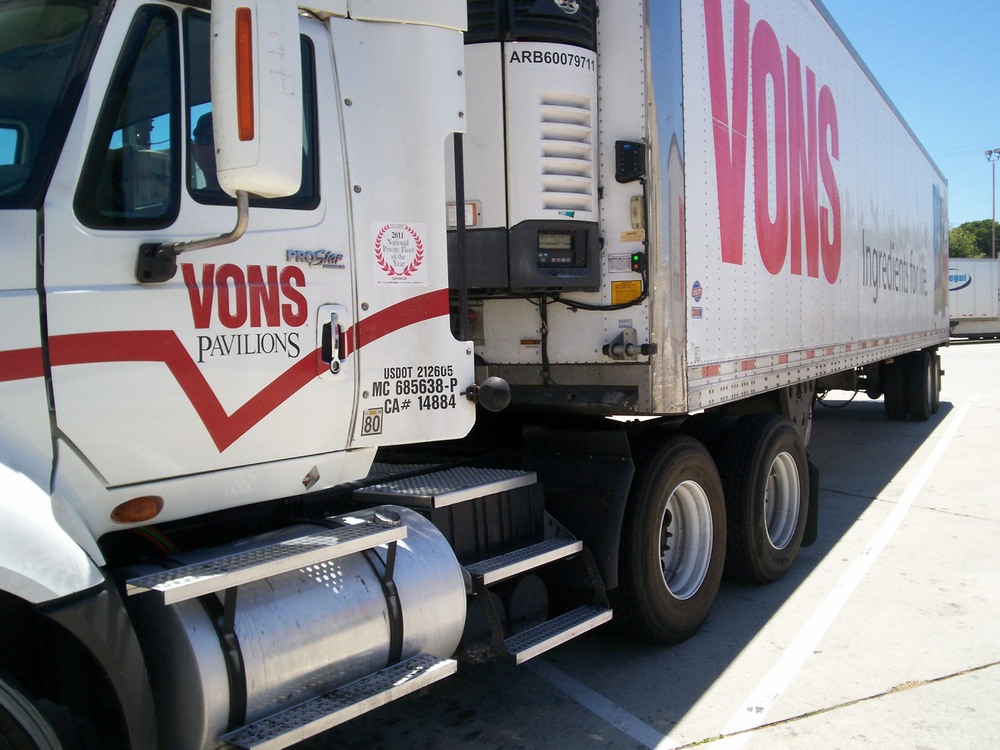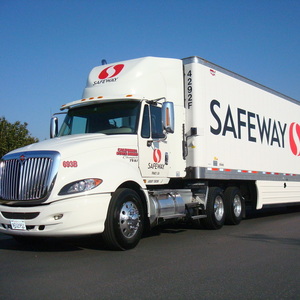Albertsons Companies increases biodiesel use for truck fleets




Photo: Albertsons Companies
August 2, 2016
BY Albertsons Companies
As one of the country’s largest food and drug retailers, Albertsons Companies is actively pursuing the goal of reducing waste and minimizing our environmental impact. We look for opportunities to lower the carbon footprint in our stores, offices, facilities and distribution centers across all of our banners (including Albertsons, Safeway, Vons and Pavilions).
We have identified the conversion of used cooking oil from our stores as a unique way to not only reduce our waste stream, but also to reduce our environmental footprint. Since 2010, some of our Safeway, Vons and Pavilions stores throughout California have been recycling used cooking oil by converting it to biodiesel to power our truck fleets. By using biodiesel as a fuel in our truck fleets, we reduce the amount of conventional diesel we purchase, in addition to lowering our overall emissions. According to the National Renewable Energy Laboratory, biodiesel could lower greenhouse gas emissions by 52 percent when compared to petroleum diesel.
Once the cooking oil is collected, we work with vendors who process the oil and convert it to biodiesel. In 2015 alone, we collected more than 481,000 gallons of used cooking oil from our stores. Our biodiesel use has increased over 50 percent in the past five years. In fact, the program has been so successful that we will soon start using the excess biodiesel produced to also fuel the Albertsons store fleet served by our Brea and Irvine Distribution Centers. According to Tom Nartker, Albertsons Companies Vice President of Transportation, “We’re really excited to expand this program to our Albertsons fleet in Southern California.”
Advertisement
Advertisement
We continue to explore new technologies and opportunities that could reduce our transportation footprint. For example, we tested several trucks at our distribution center in Southern California that run on liquefied natural gas (LNG). LNG burns as a cleaner fuel compared to diesel and produces 26 percent less greenhouse gas emissions. The majority of our inbound third-party trucks are also registered as US EPA SmartWay certified carriers. This program recognizes businesses for operating in the most fuel-efficient and environmentally responsible way.
Advertisement
Advertisement
Related Stories
Global digital shipbuilder Incat Crowther announced on June 11 the company has been commissioned by Los Angeles operator Catalina Express to design a new low-emission, renewable diesel-powered passenger ferry.
ATR and French SAF aggregator ATOBA Energy on June 19 signed a memorandum of understanding (MOU) to explore ways to facilitate and accelerate sustainable aviation fuel (SAF) adoption for ATR operators.
Argent Fuels, a leading provider of carbon-saving fuels in the UK, is accelerating its efforts to support a greener future. The expansion of its High Blend Biodiesel will supply to bus, coach, HGV fleets and rail in the south of the UK.
Sprague Operating Resources LLC on June 24 announced it has been selected by the New York City Department of Citywide Administrative Services to supply renewable diesel for its marine fleet, including the iconic Staten Island Ferry.
On June 17, the NYC Department of Citywide Administrative Services and the Department of Transportation announced the start of the Staten Island Ferry’s transition to renewable diesel, marked by the delivery of the first barge of fuel.
Upcoming Events










